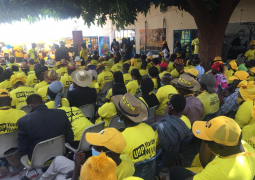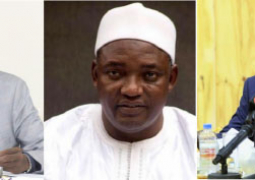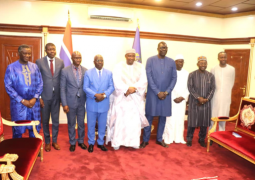
Lawmakers slam executive reply as “false” and “unfortunate” as Finance Minister insists probe cleared companies.
The issue was not only the fate of a controversial investigation into petroleum sales by Apogee FZC and partners, but also a larger constitutional question: Are parliamentary resolutions binding, or can the government brush them aside?
Lawmakers charged that the Minister’s response undermined the authority of Parliament. “The transparency and accountability we expect from them, they do not deliver,” fumed Member for Kiang West, Hon Lamin Ceesay.
“We expect the government, who should make a transaction of transparencies, is giving us these false documents in our presence.”
The Finance Minister rejected the insinuation. He stressed that the government had not fabricated anything but had simply reproduced the conclusion of the Assembly’s own inquiry that allegations of bribery, money laundering and tax evasion “could not be established.” For him, the report was the Assembly’s baby not an afterthought of the executive.
But deputies weren’t convinced. They argued that what they had recommended including administrative sanctions against senior officials and temporary suspension of implicated executives like Mr Yorro Jallow, MD of Gam Petroleum was being brushed aside. Instead, the government’s reply shifted responsibility to boards of directors of partly state-owned companies like Gam Petroleum, effectively passing the buck.
Are National Assembly recommendations mere advice, or do they carry legal force? MPs insisted that timelines for implementation of 90 days after adoption should be respected.
But Minister Keita countered that government can only act within corporate law boundaries and cannot impose directives on limited liability companies, even if parastatals hold the majority stake.
The clash left some MPs openly questioning whether government was deliberately shielding powerful actors. “If you don’t take charge of your office by the laws that are governing you that is unlawful,” warned member for Brikama North, Alhagie S Darboe.
He lamented that the inquiry’s spirit to get answers for the Gambian people about a $30 million deal was being suffocated by evasions and legalistic technicalities.





